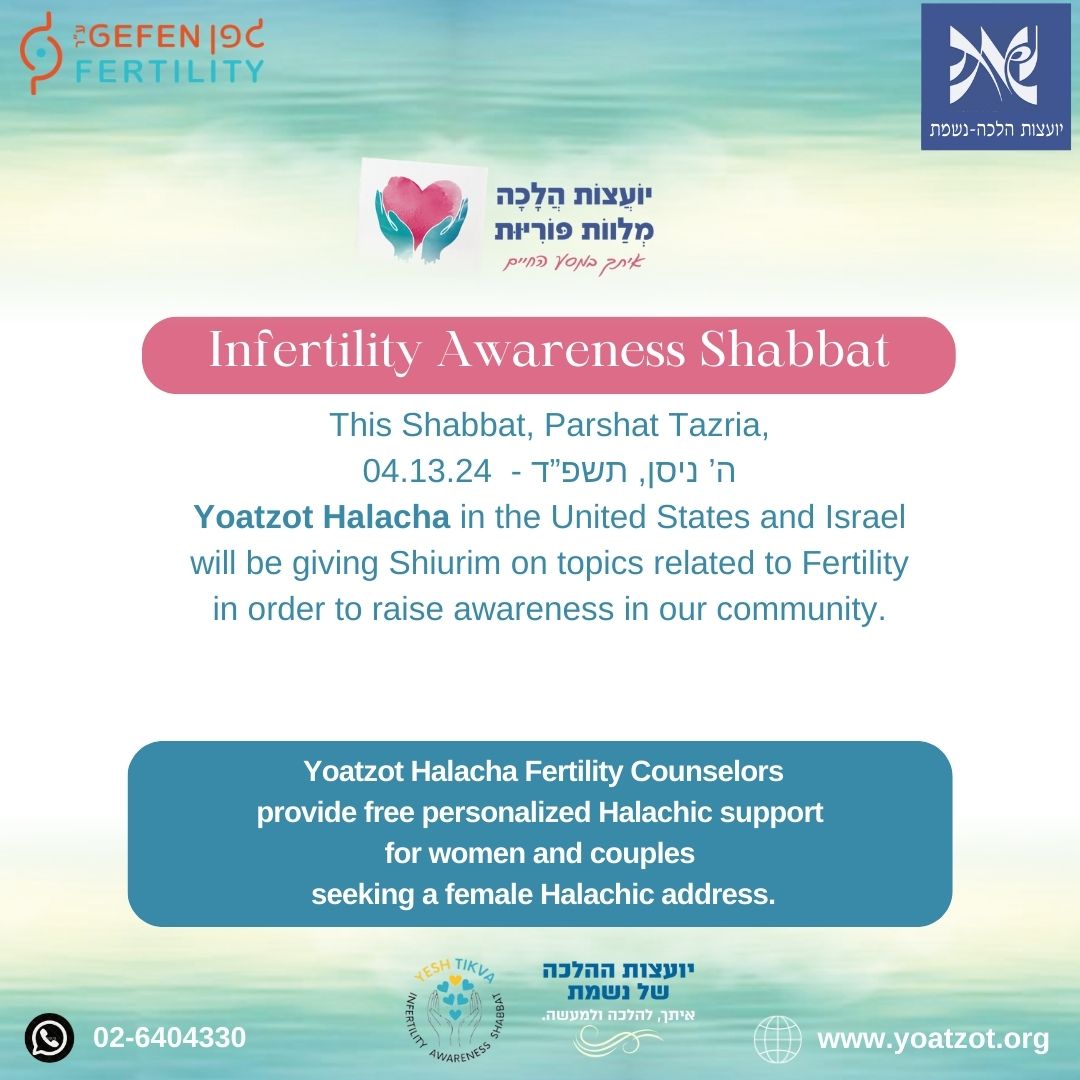There are several issues here:
1) A woman is niddah until she has counted seven clean days and immersed in a mikveh. A single woman is not only niddah when she actually has her period, she is niddah from the first time she gets her period and until the eve of her wedding when she immerses in a kosher mikveh. As long as a woman is niddah she is prohibited by from any physical contact with a man. However, even a woman who is not niddah is not allowed to have relations with a man who is not her husband. This is the prohibition of z'nut.
2) As far as hirhurim (inappropriate thoughts) are concerned, the context is what's important, and halacha does not (and cannot) have clear cut rulings prohibiting people's thoughts. It is healthy and normal to think about physical contact and sexuality before you are married. It is impossible to never give your own sexuality any consideration and then suddenly expect to get married and carry out a healthy physical relationship. However, it is common sense not to become obsessed with thoughts about acts which you are prohibited from carrying out. Within yourself, you could probably find the right balance and context in which to give sexuality adequate thought. Most of all, it is important to be cautious of any physical contact which may lead to real and severe Torah prohibitions.
A husband and wife are distanced on several physical levels during niddah in order to avoid such a challenge. However, halacha also recognizes the importance of a continued attraction (as attraction can't just be turned on and off), and therefore a woman is allowed to dress nicely and use cosmetics, and a husband is allowed to look and admire his wife's beauty, as long as she is dressed. Similarly a chatan and kallah before they are married must make sure they are attracted to one another physically. All of these examples show that halachot regarding thought are not clear cut, and have to be put in appropriate context.
3) The difference between men and women regarding hirhurim is that men will sometimes have a physical reaction to a hirhur, and that reaction is prohibited. The prohibition against hirhurim is therefore not as clear in women, because there is no equivalent physical response. In general it is not a good idea halachically to ponder doing something forbidden. But the main concern of purity of thought is whether it is acted on – and since halacha understands that in sexual matters the human urge is great (sometimes greater than their will power to overcome that urge), it is best to avoid situations in which you will be faced with a challenge in this area.
4) It would be completely prohibited for a married woman to think of other men, as her thoughts should be devoted fully to her husband.






 Question:
Question:







